Let’s take a look at what the last few years has thrown our collective way. We’ve had, and are still going through, a global pandemic. There’s been trade wars with countries, and actual wars within and between countries. The global supply chain is under stress. Inflation keeps rising. The globe is warming, forest fires are getting worse, droughts are affecting much of the world, and the list goes on and on.
What both business and people want more than anything right now is a sense of stability. For your organization, the quickest way to safeguard your operations may very well be by adopting Environmental, Social, and Governance (ESG) measures to keep the ship steady.
At SureStep, we’ve put our own feet forward for implementing our ESG measures by joining The Climate Pledge, and we urge you to do the same. The goal is for each signatory to realize net-zero carbon emissions by 2040. It’s not only good for the environment; it’s good for your image, relationships, and business growth.
What Is ESG?
ESG is a business strategy that prioritizes sustainable and responsible business practices. It can be broken down easily into the components of its acronym.
Environment
Every company uses resources from the natural world. The “E” in ESG strategy relates to the regulations that organizations follow when dealing with energy and water consumption, carbon emissions, waste created, and the best ways to mitigate your carbon footprint and other environment–impacting activities.
Social
Social refers to how we relate to the multitude of communities we’re a part of, from the workplace to our neighborhoods, to our social groups, to our countries, and to the globe. Your social strategy will inform the relationships you have and the reputation you foster wherever you do business.
Governance
Governance is how your organization operates and what values you pass along. What practices, controls, and procedures has your business adopted to govern itself? How are decisions made and what code of ethics or values informs them? How do you comply with government agencies, laws, and regulations? Is there equitable board representation? Do you have anti-corruption policies? How involved is the organization in politics or social causes? The answers to these questions help define how your organization governs itself.
Together, the three components of ESG define your overall ESG strategy for ethical and responsible business practices that become integral to your success. And with success comes the primary benefits of implementing an ESG strategy:
1. Risk Management
Remember the introduction in this blog – COVID, dwindling natural resources, climate change, disasters, global supply chain failures, etc.? When your organization has a strong ESG strategy, you develop ways to rationally confront challenges and find solutions. So, while the competition may be in a tizzy, you’re following a business plan that guides you toward long-term success.
2. A Reduction in Operating Costs
When your company can lower energy consumption, reduce water usage, and eliminate high waste-disposal costs, it helps more than just the bottom line. Regulatory imperatives are growing in all business sectors, particularly if you’re a part of the Amazon Climate Pledge. By providing a focus on sustainability, your company can avoid financial and reputational penalties by being compliant with necessary rules and regulations.
3. More Trust in Your Organization
When you do the right thing, people notice. This leads to not only more trust from consumers and customers, but also from regulators, which can translate to less scrutiny from both government agencies, watchdog groups, unions, activists, and the public.
4. Sustained Boosts in Dedication and Productivity
By doing the right thing, employees also gain faith in the leadership of the organization. This boosts morale and enthusiasm in the workplace. People look forward to coming to work. They take on more responsibilities and get involved with workplace and community groups that let them express themselves. They feel like they are making a difference.
By empowering your workforce in this way, they no longer are just employees. They are brand ambassadors, ready to spread their loyalty and praise for the organization to anyone who will listen.
5. Top-line Growth
Did you know that Millennials are not only the largest generational group in the world, they are also the largest consumers? Whatever your industry, your success will rely on wooing Millennials and younger generations. One thing that’s top of mind for these people, even within GenX, is sustainability. If your organization is willing to spend more on sustainability initiatives, you’ll most likely be looking at a prosperous future.
6. Future Investment
Investors are looking for better allocation of capital for the long term, meaning that the more sustainable an organization is, the better the organization can attract future investments. Additionally, for organizations considering an IPO, having your governance in order and achieving compliancy with regulations and governing bodies are now a prerequisite for attracting fresh capital.
Partner with SureStep to Develop Your ESG Strategy
As a consultant and systems integrator, SureStep offers a step-by-step strategic plan to develop your successful ESG strategy. We’ll walk you through all the phases of our plan, from analyses, assessments, and stakeholder engagement to frameworks, standards, project management, and execution.
Request your free ESG QuickStart Session with one of our experts. We’ll provide you with the roadmap for your sustainability success!
Ready to Commit to The Climate Pledge? Sign Up Now!




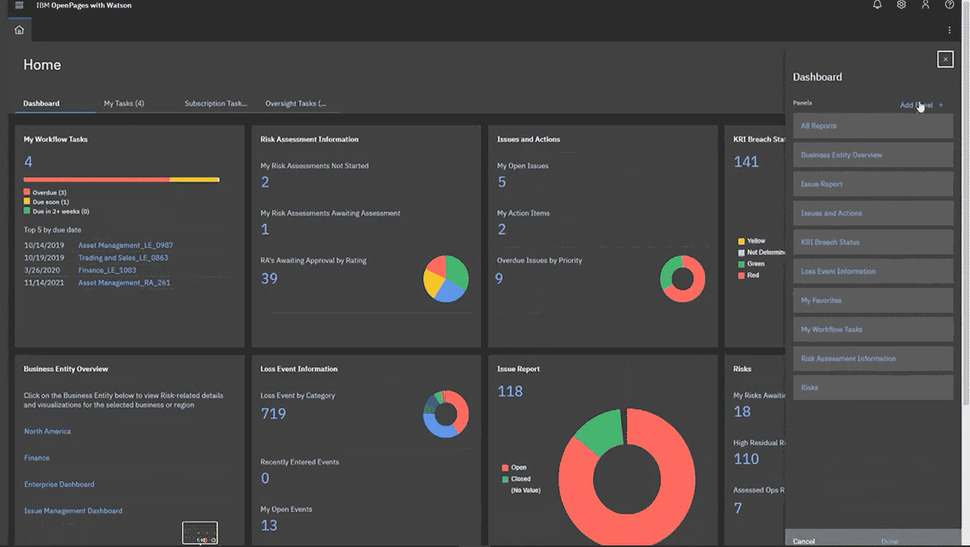




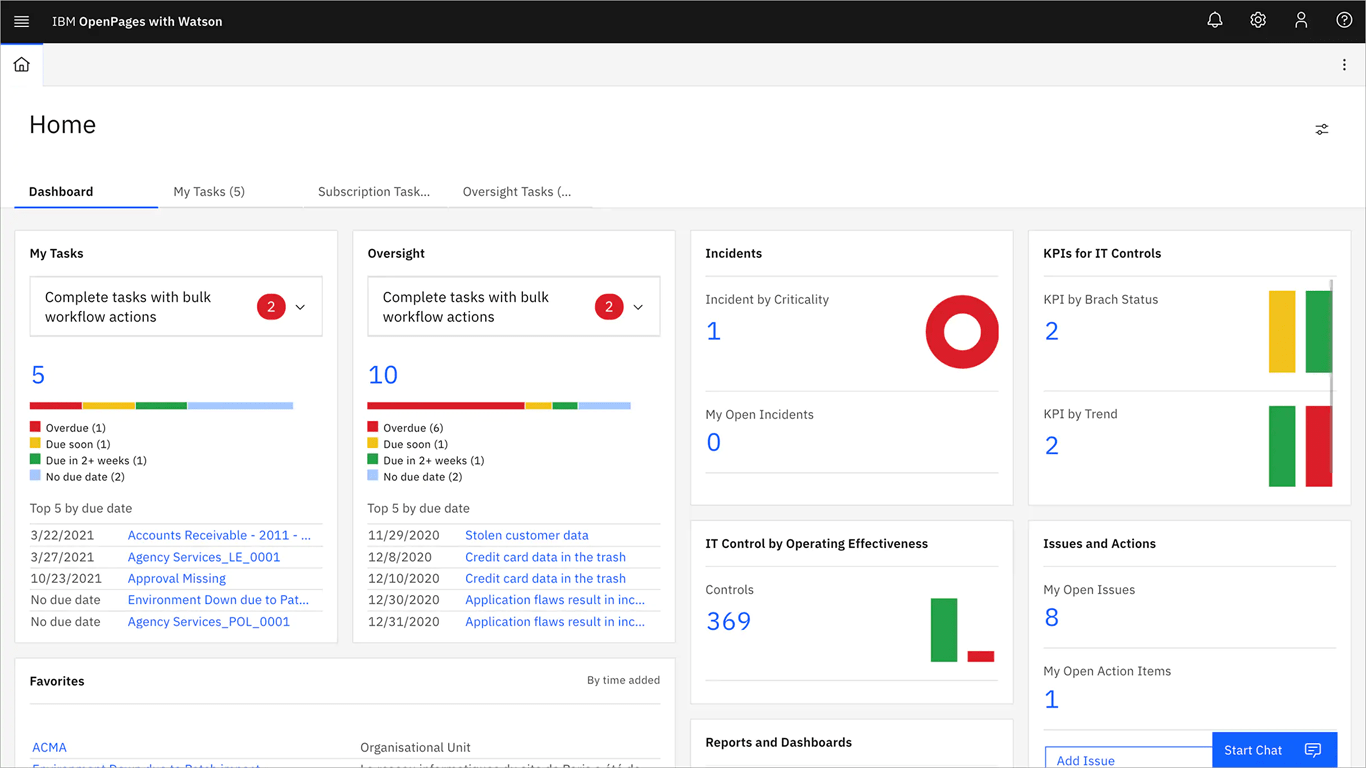

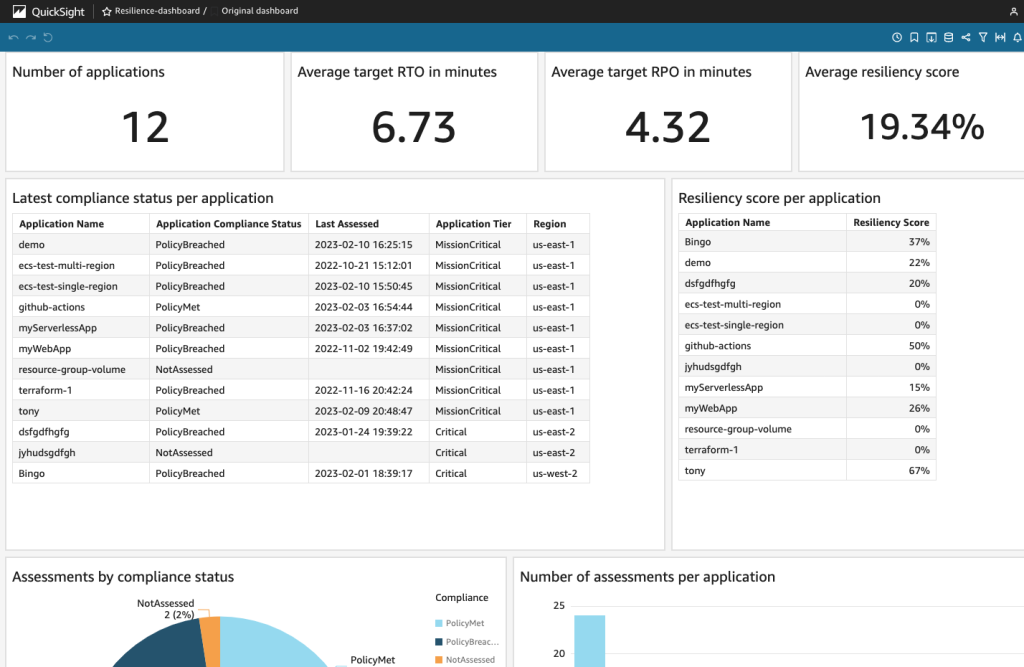
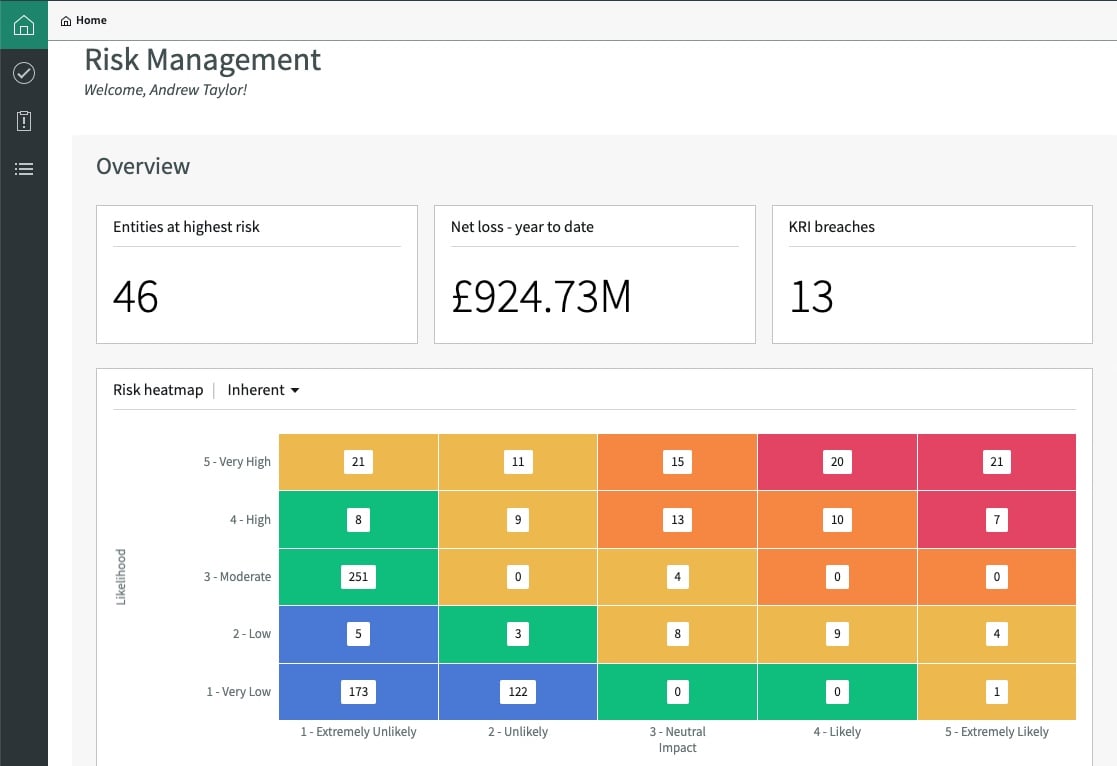


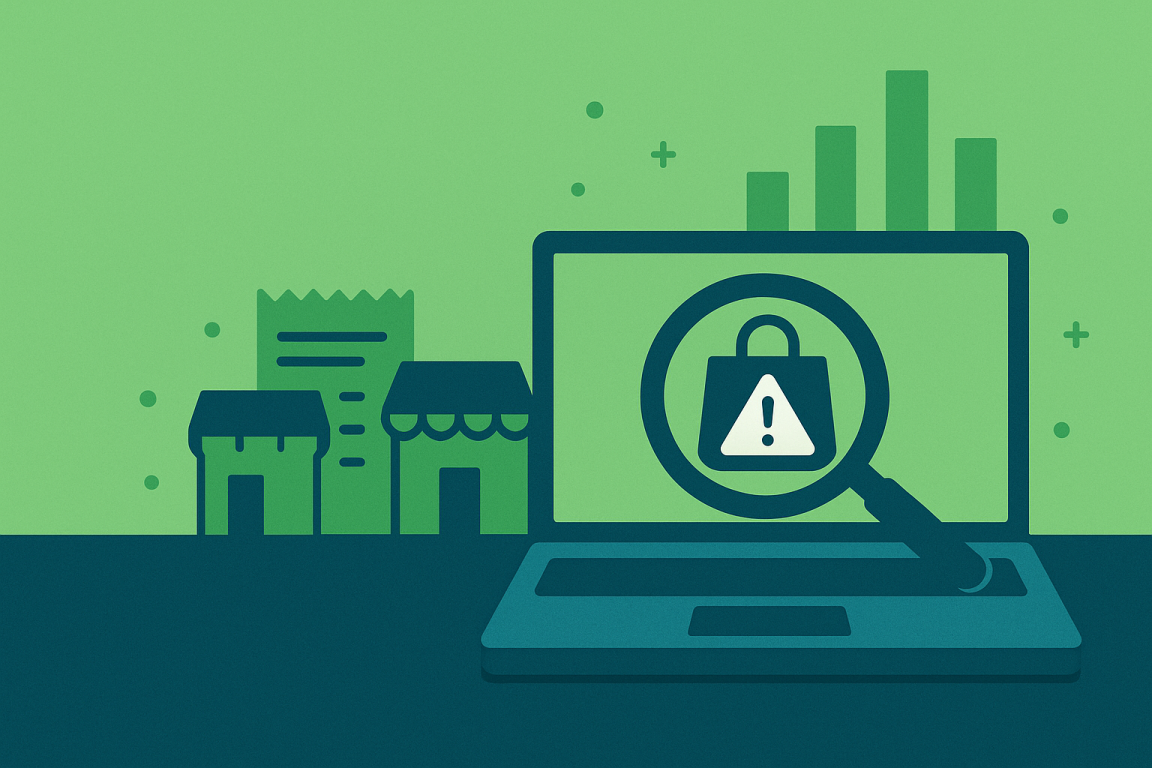



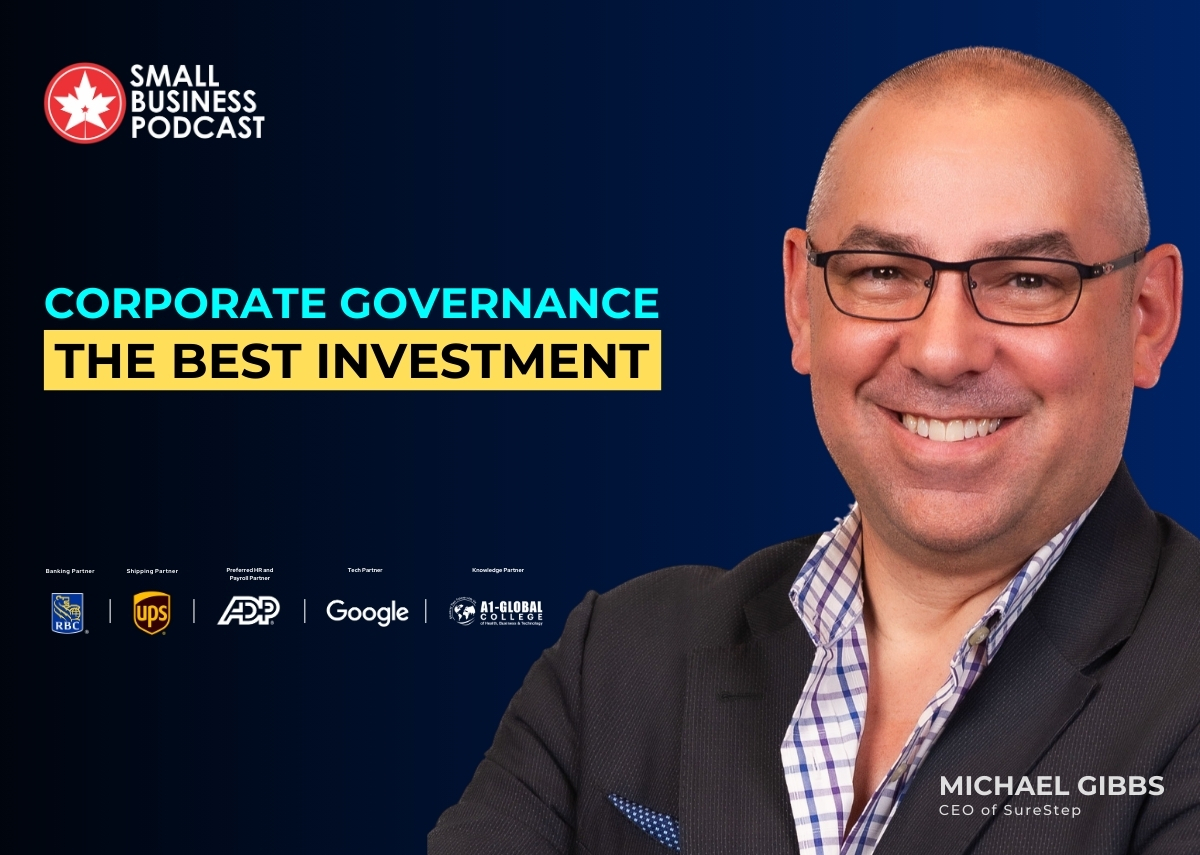
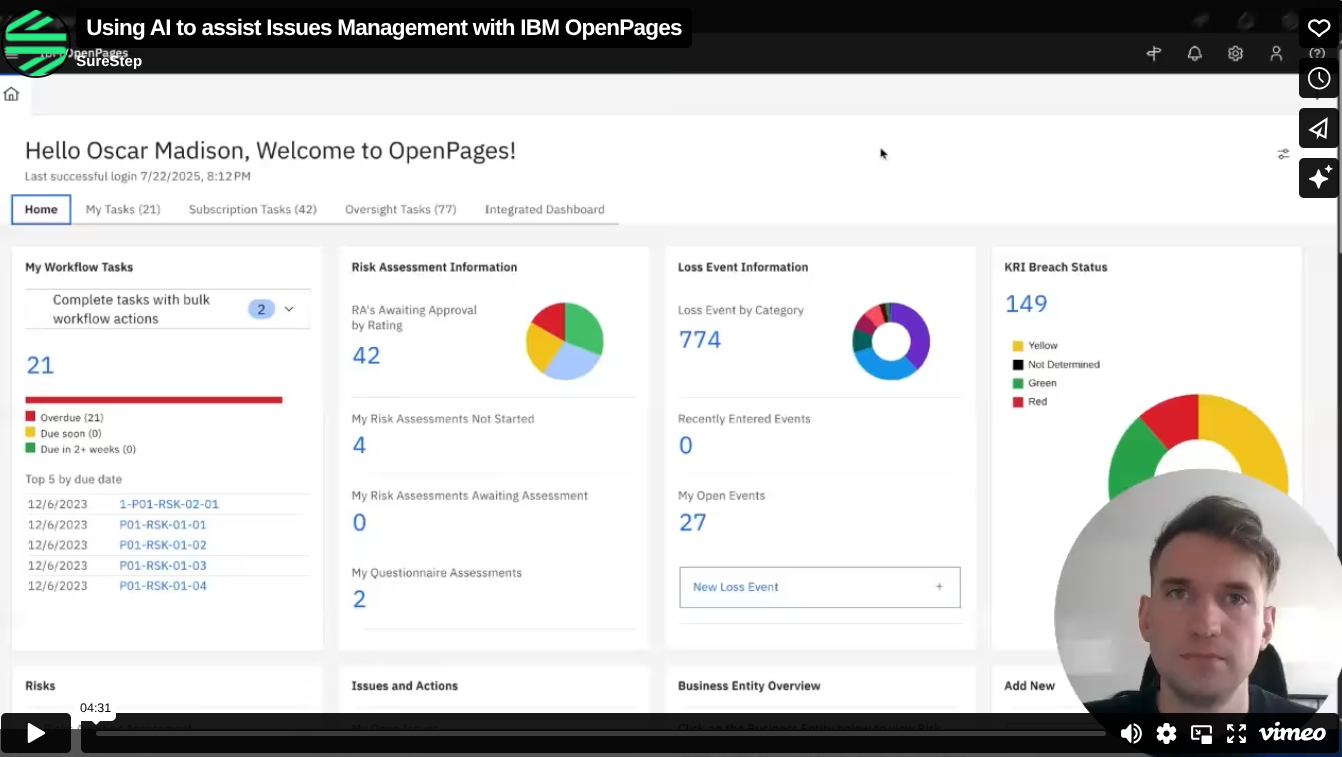
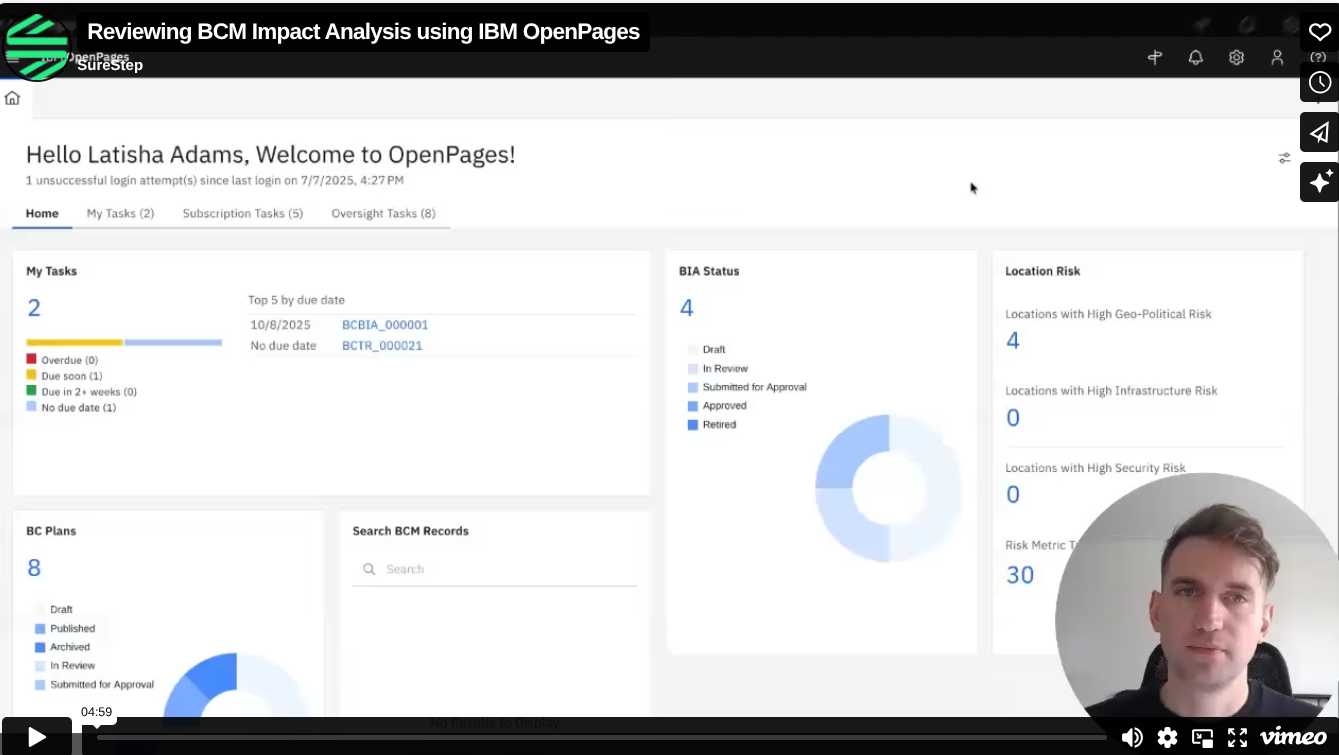



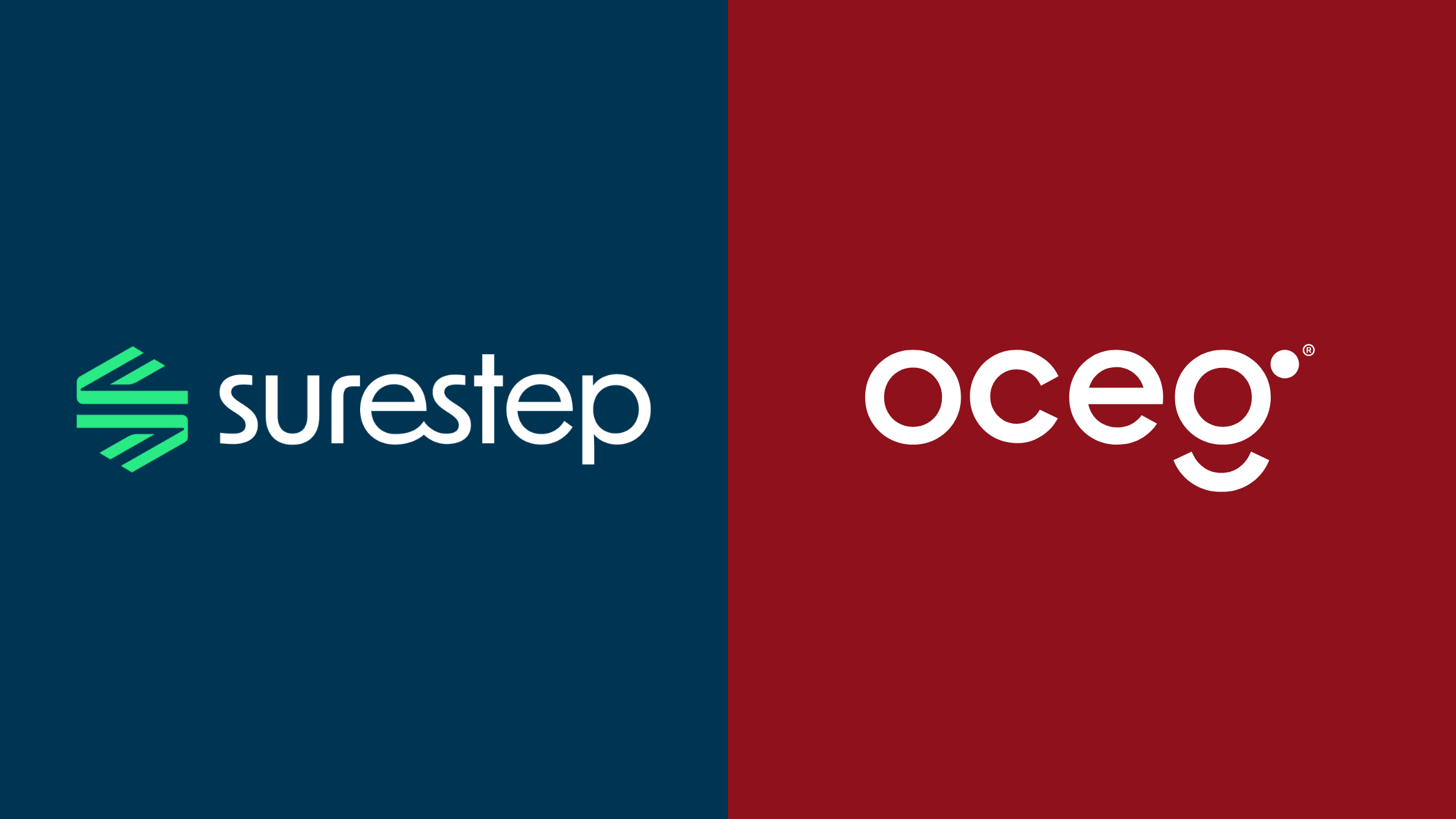


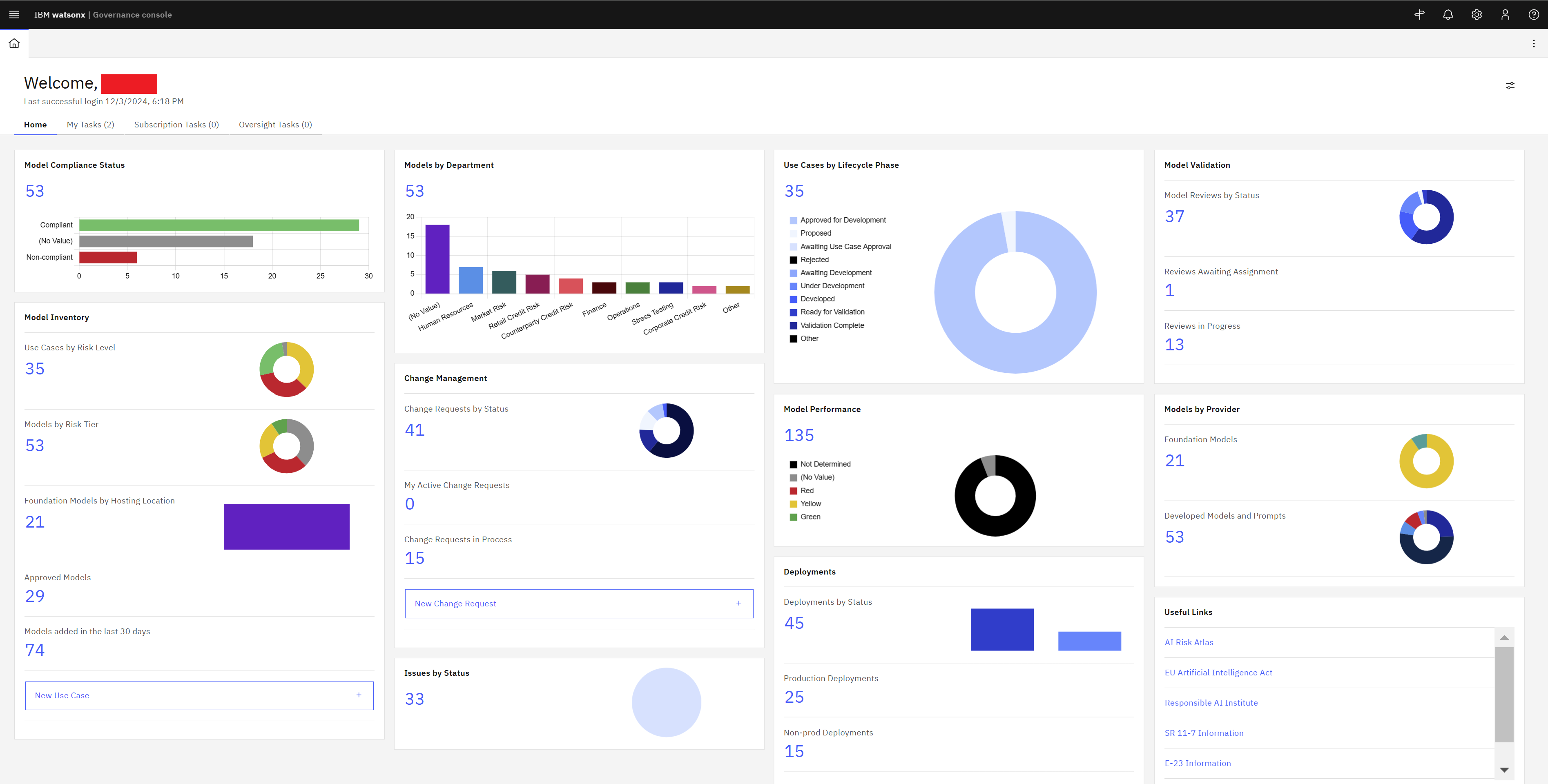

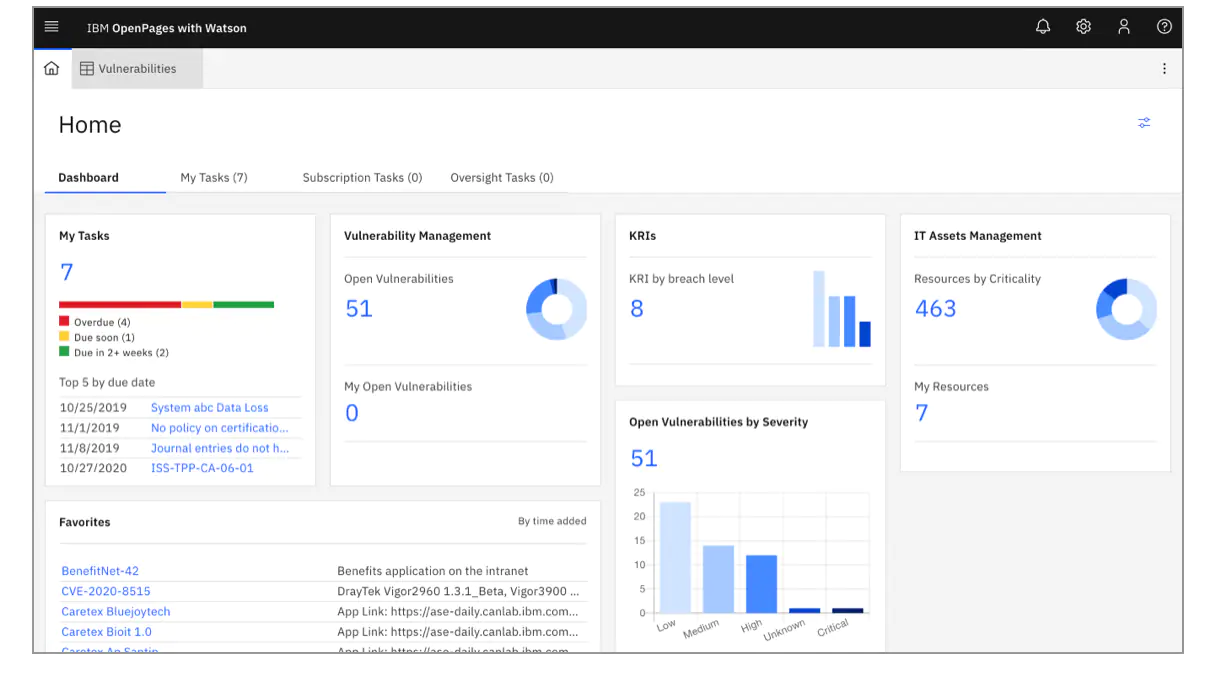
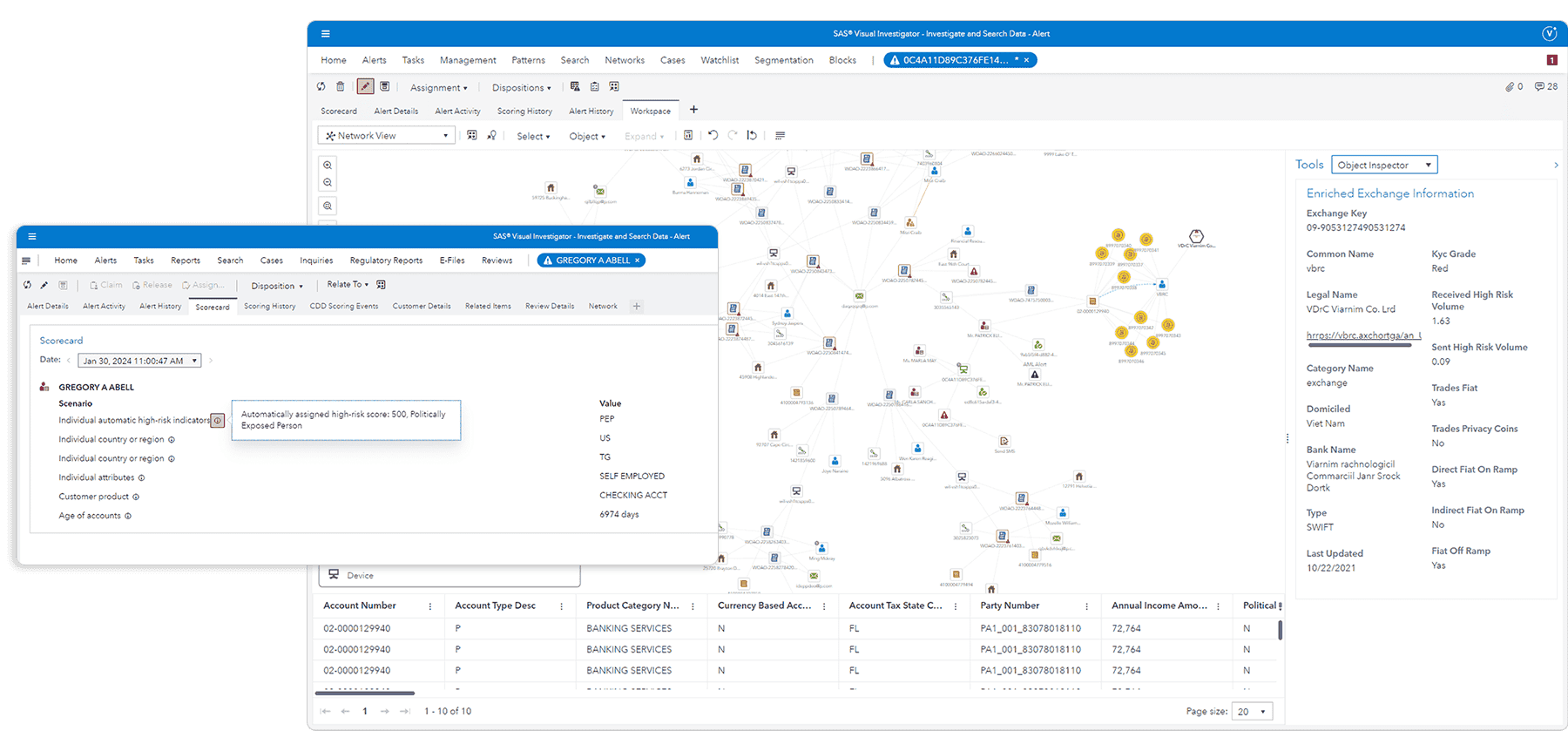







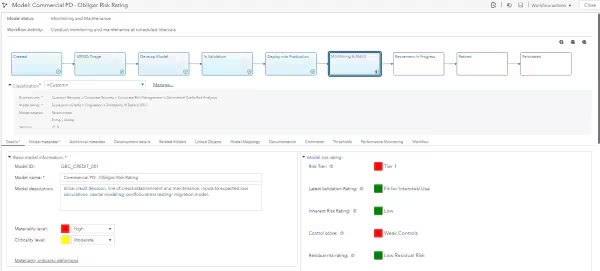









.webp)

-1.jpg)










.jpg)


























.jpeg)







